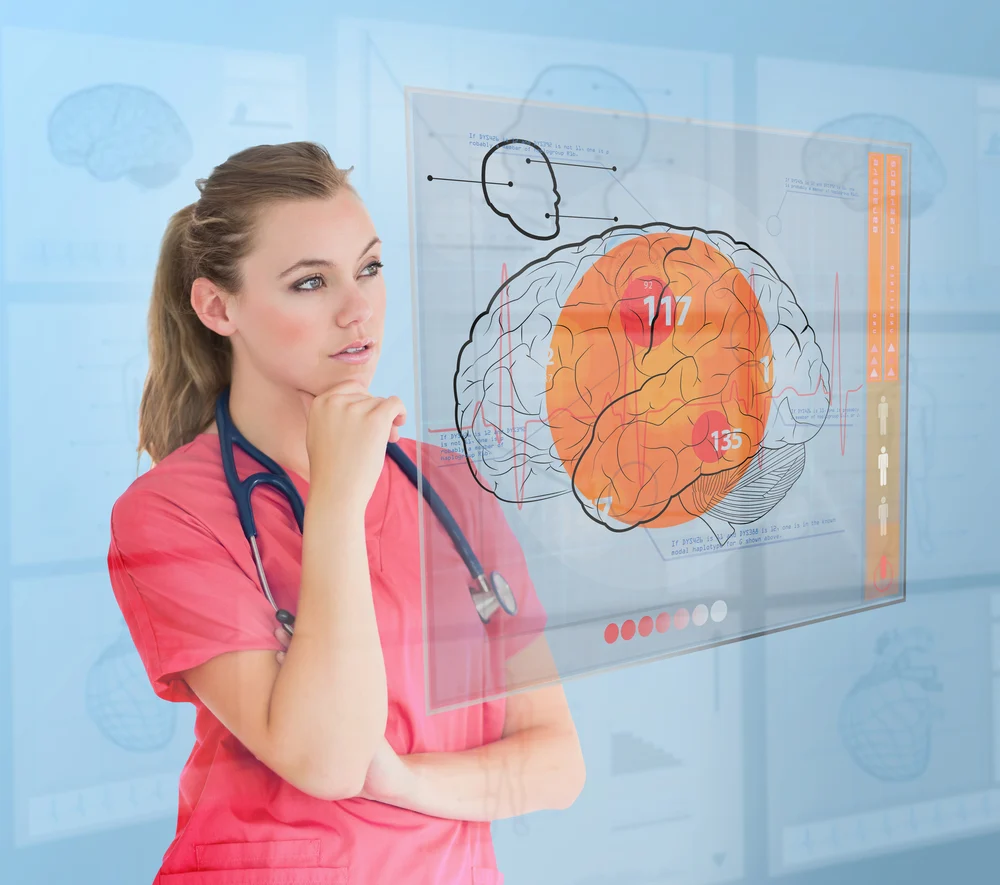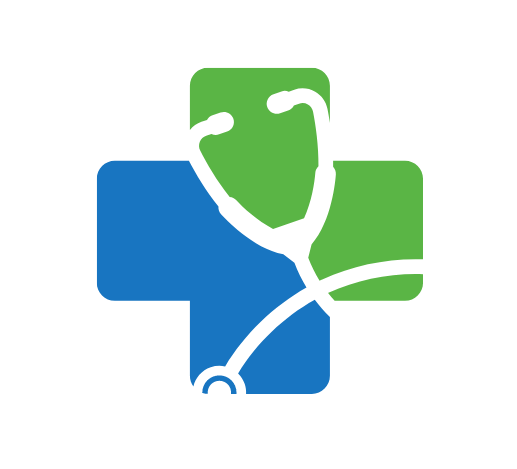
One day you’re confident in a treatment protocol. The next, a new guideline appears. Suddenly, what you believed to be the gold standard is outdated. It’s not that you were wrong—it’s that medicine moved on without warning. This isn’t rare. It’s constant. And it’s exactly why keeping your medical knowledge fresh isn’t a favor to your patients—it’s a commitment to your own competence.
This comprehensive article was developed by the editorial team at www.turkishdoctor.ae to help physicians—especially Turkish doctors practicing in the UAE—build effective, sustainable systems to stay up-to-date with medical knowledge and evolving clinical trends.
Medical knowledge has an expiration date
Let’s be blunt. Much of what you learned in medical school is no longer current. In fact, studies show that half of medical knowledge becomes obsolete within 5 to 10 years. In fast-paced cities like Dubai or Abu Dhabi, where hospitals follow cutting-edge international protocols, that timeline can shrink even more.
Consider cardiology. Ten years ago, beta-blockers were prescribed routinely post-MI. Today, depending on patient profile, the approach may shift toward dual antiplatelet therapy with newer agents. Or oncology—immunotherapy now plays a role where traditional chemo once dominated.
In the UAE, health authorities like DHA and DOH actively issue updates. These changes impact not just treatment plans but also licensing, insurance coding, and documentation standards. If you’re a Turkish doctor adjusting to the UAE healthcare model, these nuances become even more critical.
How do doctors actually stay updated?
Most doctors agree that staying current is important. But very few have a plan for it. There’s no single path—but here’s what works in real clinics.
The most effective physicians often mix formal resources (like UpToDate, Medscape, and BMJ Best Practice) with informal learning (like WhatsApp groups, Twitter threads, or local case discussions). Turkish physicians abroad tend to rely heavily on Turkish sources too—especially when bridging care models between Türkiye and the Gulf.
Don’t underestimate the value of hospital alerts and circulars. DHA, for example, frequently releases brief updates on drug recalls, disease outbreak alerts, and policy shifts. Many clinics fail to distribute these effectively. Ask your admin team to forward updates weekly.
Another overlooked method? Consult your patients. When a patient brings in a recent article or asks about a new treatment, treat it as a learning opportunity. Many expat patients in Dubai read about international trials before doctors do. Their curiosity can lead you to new frontiers.
Digital tools that help more than textbooks
Textbooks are static. The real-time world of digital tools is dynamic. Smart physicians use a stack of platforms:
- Read by QxMD filters studies based on your interests.
- DynaMed gives concise, evidence-based summaries.
- BMJ Learning offers micro courses for busy professionals.
- UpToDate remains a gold standard—especially with mobile access.
For Turkish doctors in the UAE, combining these with Türkiye-based CME platforms like TTB-Eğitim or Istanbul Medipol’s e-simülasyon modülleri provides a well-rounded clinical view. You stay grounded in your original training while aligning with the UAE’s international expectations.
Even AI tools like ChatGPT (used cautiously) can offer simplified explanations of new trials or prep questions for board exams. Use them as primers—not gospel. Let them lead you to the source, not replace it.
The rise of podcasts, webinars, and micro-learning
Long gone are the days of reading 40-page review articles in silence. Today’s doctors consume knowledge in pockets—between surgeries, over lunch, or during evening walks.
Podcasts like The Clinical Problem Solvers, EMRAP, or Medlife Crisis give voice to real case dilemmas. In Turkish, “Tip Fakültesi Podcast” or “Anadolu’nun Nabzı” present grounded, relevant updates with cultural context. These are perfect for Turkish doctors in Dubai who want a taste of home and science together.
Webinars have exploded post-COVID. DHA now offers regular CME-accredited online sessions. So does the Emirates Medical Association. These aren’t just educational—they’re also networking hubs for doctors who miss peer engagement.
Try a 15-minute micro-course each morning. Platforms like Osmosis or AMBOSS offer daily learning paths. Build it into your coffee routine and never feel behind again.
Soft skills matter just as much as science
What’s the newest treatment for COPD? You could find it. But how do you explain it to a patient with low health literacy? Or to a family that speaks Urdu, Tagalog, or Russian?
Medical updates aren’t just about treatments. They’re also about communication, ethics, and behavior. Especially in the UAE, where cultural dynamics are complex, learning how to talk so people understand is essential.
Learn how to break bad news. Understand local expectations for male/female doctor-patient dynamics. Get familiar with religious sensitivities around fasting, blood draws, or organ donation. These are rarely taught—but always felt.
Platforms like Coursera or HarvardX offer free soft skill courses in medical empathy, global health ethics, or decision-making under uncertainty. Try one per quarter—it will show in your practice.
Conferences aren’t dead—they’re better than ever
Conferences used to mean big halls, long days, and clunky badges. Today, they’re smarter. Hybrid events let you attend Arab Health from home or on-demand. Turkish organizations like TTB and Türk Nöroloji Derneği now stream symposiums to international members.
Pick two core conferences to attend every year. For example:
- Arab Health Dubai for cross-specialty updates and devices
- ESC Congress for cardiovascular science
- EAU or ESMO for focused oncology/urology coverage
- Türkiye’den Ulusal Kongreler to stay grounded in Turkish practice
If you’re a GP, consider updates in mental health or pediatrics too. Don’t forget non-clinical tracks: health IT, data privacy, or burnout prevention. These shape how you’ll survive as a 21st-century physician.
Sustainability is the real skill
Reading one journal doesn’t make you updated. Reading every week, every month, every year—that’s what matters. Make knowledge a habit, not a task.
Set “learning time” in your weekly planner. Like a patient slot. Friday mornings, maybe. Or 20 minutes after dinner. Treat it as sacred.
Form a WhatsApp group with colleagues. Share summaries. Rotate who teaches. Learning in teams is easier and sticks longer.
Reflect monthly:
- What did I learn that changed my practice?
- What did I read but forget to apply?
- What still confuses me?
This reflection builds not just knowledge—but wisdom.
This expanded guide was created with care by the editorial team at www.turkishdoctor.ae for physicians who know that staying still in medicine is falling behind—and who are ready to keep moving forward with purpose.

 then "Add to Home Screen"
then "Add to Home Screen"